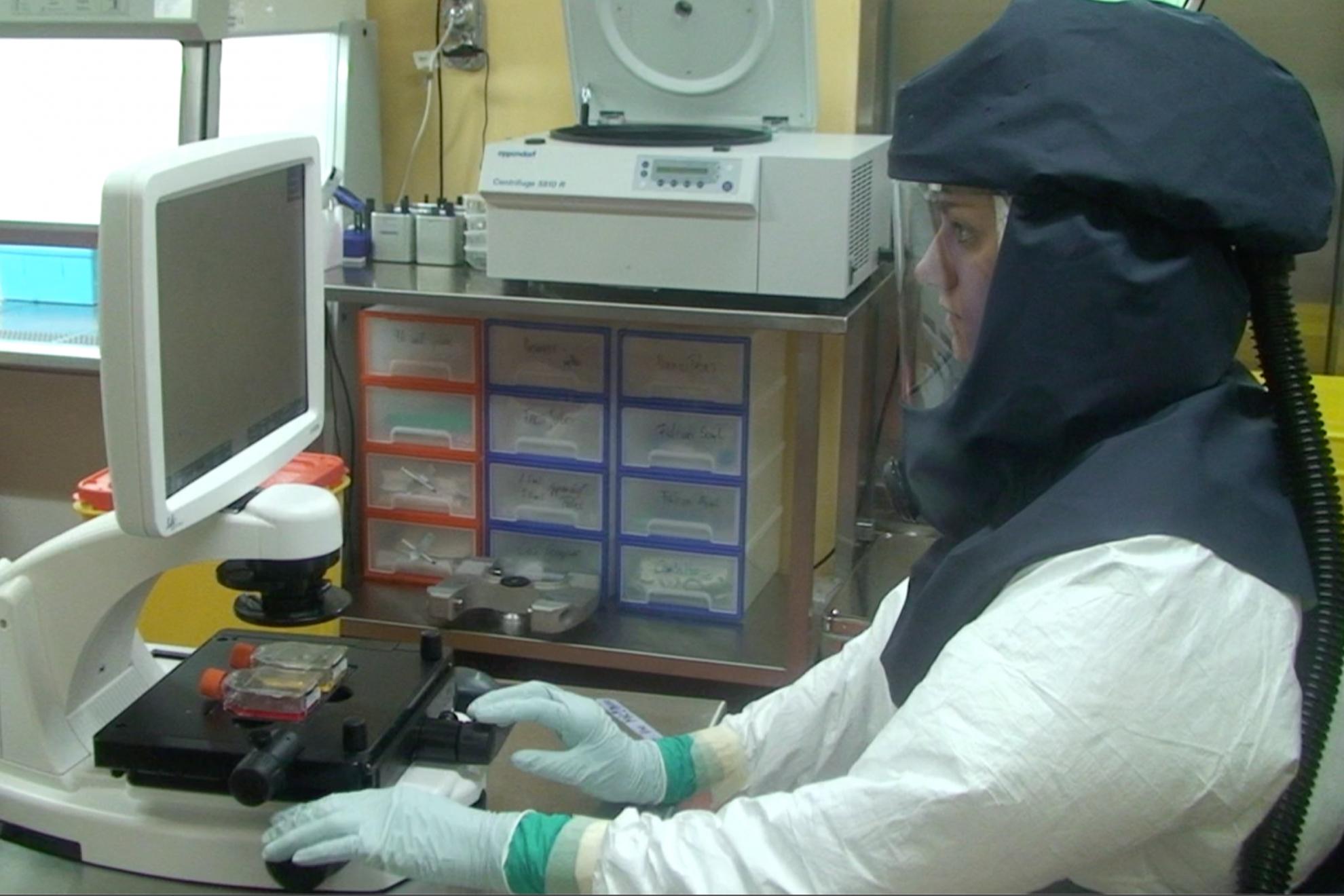Keeping one step ahead of the next infectious disease

The current COVID-19 pandemic has demonstrated to all of us how infectious pathogens can endanger our society, economy and health system. Governments, scientists and the global community have been caught totally off guard. As a result, the University of Bern is establishing a Multidisciplinary Centre for Infectious Diseases and Immunity (MCIDI).
By establishing the new multidisciplinary centre, the University of Bern can study the societal, economic and healthcare impacts of infectious diseases on a broad scale. Internationally recognised research, which is crucial to understanding and overcoming the pandemic, is already being carried out in many areas such as medicine, veterinary medicine, economics and the humanities, for example.
For Christian Leumann, Rector of the University of Bern, science is required to work together in a new interdisciplinary way:
the current crisis provides an impressive demonstration of the extent to which science is required to work in an interdisciplinary manner to analyse the problems that arise and to develop socially-relevant approaches for resolving them.

The first synthetic clone of Sars-CoV-2 was created in the high-security laboratory of the Institute of Virology and Immunology (IVI) in early 2020.
Important research to mitigate the COVID-19 pandemic using the 'One Health' approach
The MCIDI is adopting the 'One Health' approach, which looks at the interactions between human, animal and environmental health. Cooperation with the Vetsuisse Faculty is therefore a logical step. Excellent research in this field was carried out last year when researchers at the high-security laboratory of the Institute of Virology and Immunology of the Federal Food Safety and Veterinary Office (FSVO) and at the Vetsuisse Faculty of the University of Bern successfully reconstructed the coronavirus (SARS-CoV-2) from synthetic DNA.
This clone is now being used by research groups worldwide to identify antiviral drugs and develop vaccines.
CHF 30 million for interdisciplinary research
In an effort to better fight and protect against future epidemics and pandemics by fostering interdisciplinary research, the Vinetum Foundation is providing CHF 30 million to the new research center over a 10-year period. The Vinetum Foundation is a long-standing supporter of the University of Bern and already funds research into bee health.
The format of the MCIDI as a purely virtual centre minimises the administrative workload and costs, so that funds flow directly into scientific projects. This has already proven successful for other interdisciplinary research centres, such as the Oeschger Centre for Climate Research of the University of Bern.




